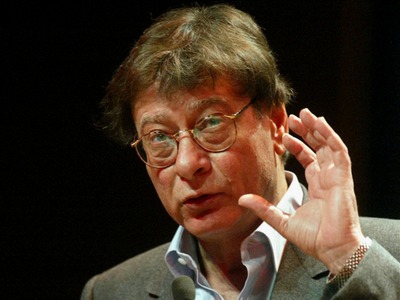By Jill Holslin
Identity Card
Put it on record.
I am an Arab.
And the number of my card is fifty thousand.
I have eight children
And the ninth is due after summer.
What’s there to be angry about?
Put it on record.
I am an Arab.
Working with comrades of toil in a quarry.
I have eight children
For them I wrest the loaf of bread,
The clothes and exercise books
From the rocks
And beg for no alms at your door.
Lower not myself at your doorstep.
What’s there to be angry about?
Put it on record.
I am an Arab.
I am a name without a title,
Patient in a country where everything
Lives in a whirlpool of anger.
My roots
Took hold before the birth of time
Before the burgeoning of the ages,
Before cypress and olive trees,
Before the proliferation of weeds.
My father is from the family of the plough
Not from highborn nobles
And my grandfather was a peasant
Without line or geneaology.
My house is a watchman’s hut
Made of sticks and reeds.
Does my status satisfy you?
I am a name without a surname.
Put it on record.
I am an Arab.
Color of my hair: jet black.
Color of my eyes: brown.
My distinguishing features:
On my head the ‘iqal cords over a keffiyeh
Scratching him who touches it.
My address:
I’m from a village, remote, forgotten,
Its streets without name
And all its men in the fields and quarry.
What’s there to be angry about?
Put it on record.
I am an Arab.
You stole my forefather’s vineyards
And land I used to till,
I am all my children,
And you left us and all my grandchildren
Nothing but these rocks.
Will your government be taking them too
As is being said?
So!
Put it on record at the top of page one:
I don’t hate people,
I trespass on no one’s property.
And yet, if I were to become hungry
I shall eat the flesh of my usurper.
Beware, beware of my hunger
And of my anger!
(translated from the Arabic by Denys Johnson-Davies)
Mahmoud Darwish, who passed away yesterday, August 12, at the age of 67 in a Houston hospital from complications after open-heart surgery, articulated the mixture of longing and anger felt by the now millions of Palestinians displaced from their homeland and left stateless during and in the generations after the Nakbah, establishment of the state of Israel in 1948. As noted by his friend Jumana Al Tamimi, “Mahmoud Darwish provided a cultural identity for generations of Palestinians deprived of freedom.”
Yet, Darwish’s words speak more universally to the estimated 150 million migrant workers worldwide whose daily lives are marked by the struggle to negotiate and produce new cultural meaning, identities and legal statuses within new transnational capitalist networks being formed by globalization.
Mahmoud Darwish spoke eloquently of the human condition, and his is a voice that will surely be missed as we continue to navigate the rough terrain of late capitalism.

